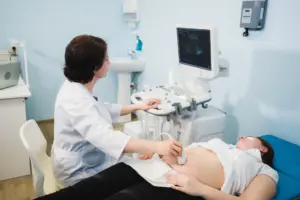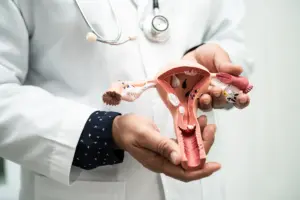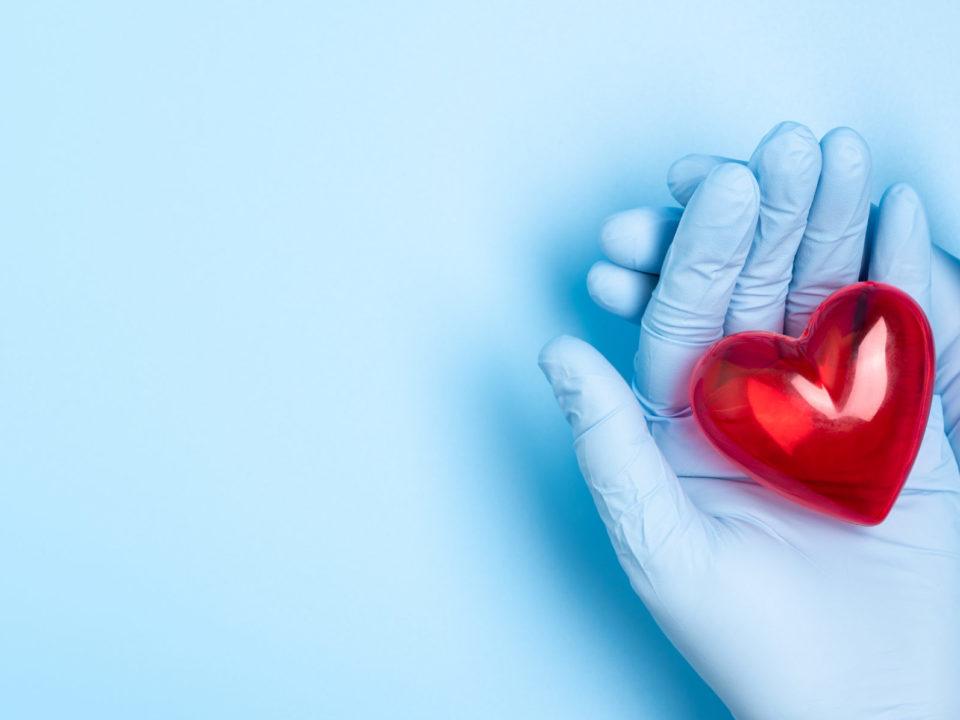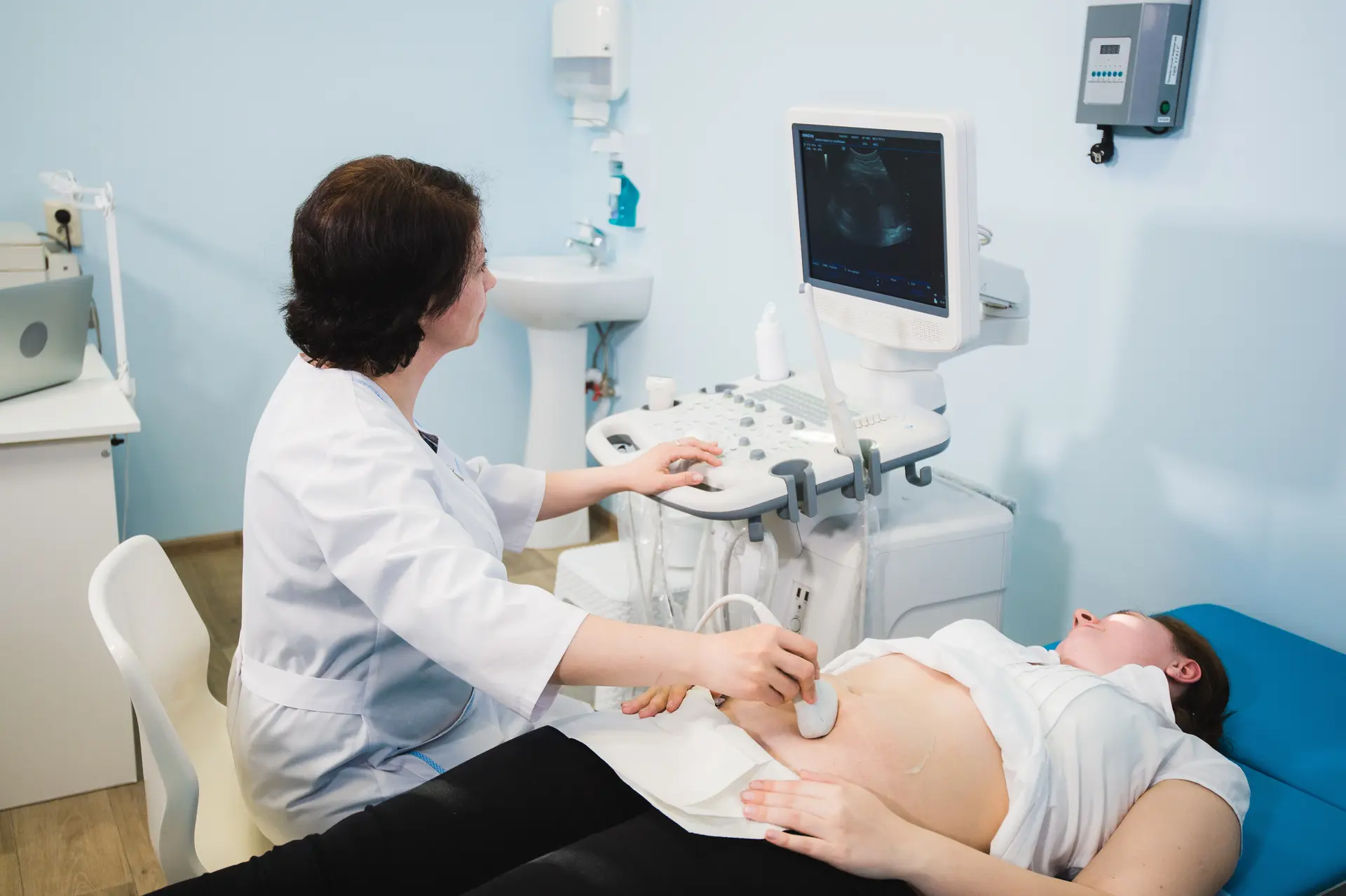Cancer Treatments and How they Affect your Body
All over the world, debate rages as to whether or not cancer treatments are effective, and whether the challenges of facing these treatments are worth it.
As it’s National Cancer Survivors Day on 3 June, let’s take a look at the spectrum of treatments available to cancer patients, and how they affect the body.
First, one or two facts…
Globally, the most prevalent form of cancer is lung cancer, with 1.8 million cases or 13% of the world total, followed by breast cancer, with 1.7 million, or 12% of the world total. In South Africa, the most prevalent type of cancer in men is prostate cancer, with makes up over 18% of all cases, while for women, breast cancer (22%) and cervical cancer (15%) make up the most cases.
But what a lot of people don’t know, is that the cancer survival rate in South Africa is 6 in 10. This means that almost two out of every three people who get cancer are likely to survive it.
What is the benefit of getting treated for cancer?
While in some cases cancer treatment may not be effective and may not help you to beat cancer or survive it, the earlier you treat it, the better. The sooner you halt the spread of malignant cancer cells in your body the greater your chance of survival.
Have a chat with your doctor about the thinking around, and need for, cancer treatments. They will tell you that their primary function is to completely heal the patient. If that is not possible, then the next best goal is to keep you cancer-free for as long as possible, or to slow the spread of cancer, so that you can live a near-normal lifespan and enjoy the best possible quality of life.
As such, cancer treatments are split into three types:
- Primary treatment is undertaken to kill all the cancer in your body, or completely remove it. The most common types of treatment here are surgery, chemotherapy or radiation therapy.
- Adjuvant treatment is done to remove any remaining cancer cells in the body once the primary treatment has been undertaken. Radiation, chemotherapy or hormone therapy are the most used treatments in this stage.
- Palliative treatment is the focus if there are side effects from treatment or from the actual cancer which affects the body. It may include any of the above treatments used in primary and adjuvant treatment.
How do cancer treatments work in the body?
This depends very much on the treatment, but it is safe to say that the end goal is you being cancer-free. Treatments include surgery, chemotherapy, radiation, hormone therapy, biological response modifier therapy, immunotherapy, stem cell/bone marrow transplants, cryoablation, radiofrequency ablation, targeted drug therapy, and clinical trials. We will look at each of these and see how they work, but it’s best to ask your doctor what type of treatment will be used in your case (if you have cancer):
- Surgery is simply the removal of the cancer cells and the surrounding tissue, to prevent the cancer from spreading to other parts of the body.
- Radiation is the use of energy beams to kill the cancer cells. In the same way that radiation from a nuclear attack or disaster can harm the body’s cells, targeted radiation can also destroy the bad cells that are causing the cancer.
- Chemotherapy is the use of powerful chemicals that kill the cancer cells, which are then flushed from the system by the body and replenished with healthy cells.
- Bone marrow transplants renew the marrow, which is needed by the body to generate red blood cells. Such transplants may treat blood-based cancers or bone marrow disorders, or restore the body’s resources after heavy doses of chemotherapy.
- Biological response modifier therapy aids the body by building up the natural defences to cancer and other diseases.
- Immunotherapy makes use of your body’s own immune system to fight and destroy cancer cells. It is one example of biological response modifier therapy.
- Hormone therapy is used to treat cancers that may have been caused by hormones, such as prostate cancer in men and breast cancer in women. By diminishing these hormones or blocking the effect they have on the body, the cancer may be halted.
- Cryoablation is the use of extreme cold to kill cancer cells.
- Radiofrequency ablation is the use of extreme heat to kill cancer cells.
- Targeted drug therapy focuses on attacking the abnormalities in cancer cells that permit them to survive. Remove this and the cancer cells die.
- Cancer research is huge, and ongoing tests of new medicine are always underway. You may be offered the chance to try a new and experimental type of cancer treatment which has not been tested thoroughly yet.
Finally, there is much to be said for the power of a positive mind. Whatever your walk in life may bring you, being grateful and having a life filled with love and family will go a long way to help you with any disease or unwellness you may face, and that includes cancer. You are never alone.
The lenmed Group is a world-class chain of Private Hospitals that brings quality healthcare to communities across Southern Africa.
For more information please contact:
The Cancer Association of South Africa (CANSA)
Tel: +27 (0) 80 022 6622
Email: [email protected]
Website: www.cansa.org.za
Disclaimer: Any information contained here is merely a guideline. Always visit your healthcare practitioner for any health-related advice or diagnosis.















